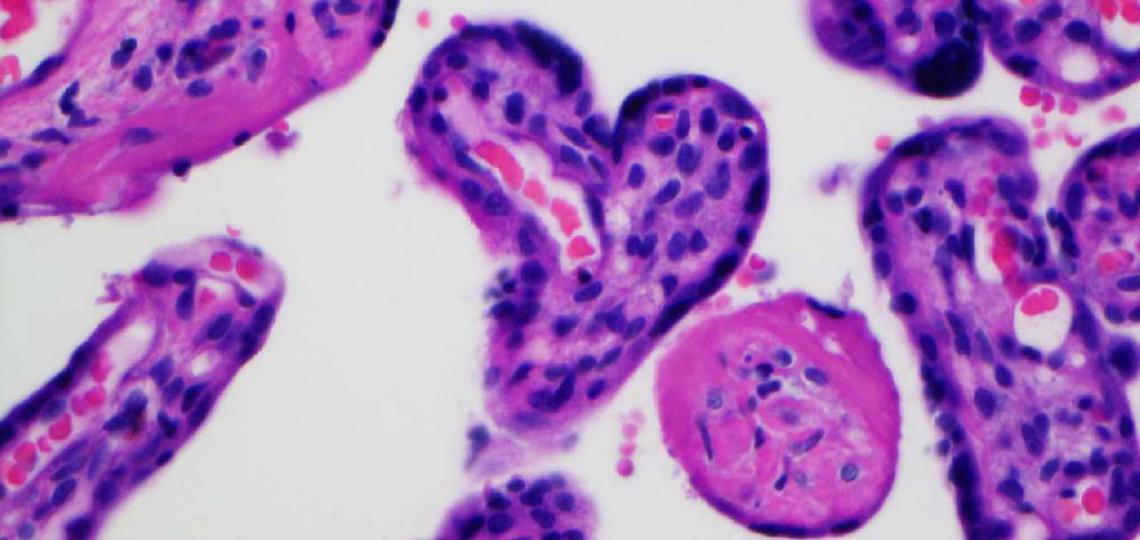About Our Fellowship
Next Opening: 2026-2027 (2 spots), 2027-2028 (2 spots) and 2028-2029 (1 spot)
Length: 1 year
Our ACGME accredited one-year program is designed to offer comprehensive training in pediatric and perinatal surgical pathology including cardiac pathology, genetic and metabolic diseases, transplant pathology, and pediatric neoplasia. Texas Children’s Hospital Department of Pathology receives over 20,000 specimens yearly including routine surgical, placenta, bone marrow, and cytology specimens. Furthermore, we have one of the highest volume pediatric solid organ transplant programs in the nation, including cardiac, pulmonary, liver and kidney transplantation.
In March of 2012, Texas Children’s Hospital opened the Pavilion for Women, a full-service hospital for women’s health with an estimated 4,500 annual deliveries. The Pavilion for Women has a thriving obstetric service in conjunction with the Texas Children’s Hospital Fetal Center for congenital malformations, twin-to-twin transfusion syndrome, and maternal high-risk conditions. A wide scope of pediatric, perinatal, and fetal autopsies is available, both in-house and through our consultative services.
Fellows rotate through surgical pathology, neuropathology, autopsy and perinatal/placental pathology with at least two months of elective time. In addition, our program offers a unique experience on pediatric fine needle aspiration, including on-site adequacy assessment.
The combined faculty of 34 M.D.s and Ph.D.s provide expertise in all aspects of pediatric anatomic, clinical, and molecular pathology and includes reviewers for the Children’s Oncology Group (liver and rare tumors).
Fellows participate in the teaching programs of the Baylor Department of Pathology & Immunology, during which they supervise junior residents and medical students.
The pediatric pathology fellowship began in 1984 and was approved by the ACGME in 1992.
Stipends and Benefits
Visit the Graduate School of Biomedical Sciences page on stipends and benefits for fellows.
Curriculum
Admissions
Life in Houston
Houston, the nation's fourth largest and most diverse city, offers all the benefits of a big city at a significantly lower cost of living than other major cities.









